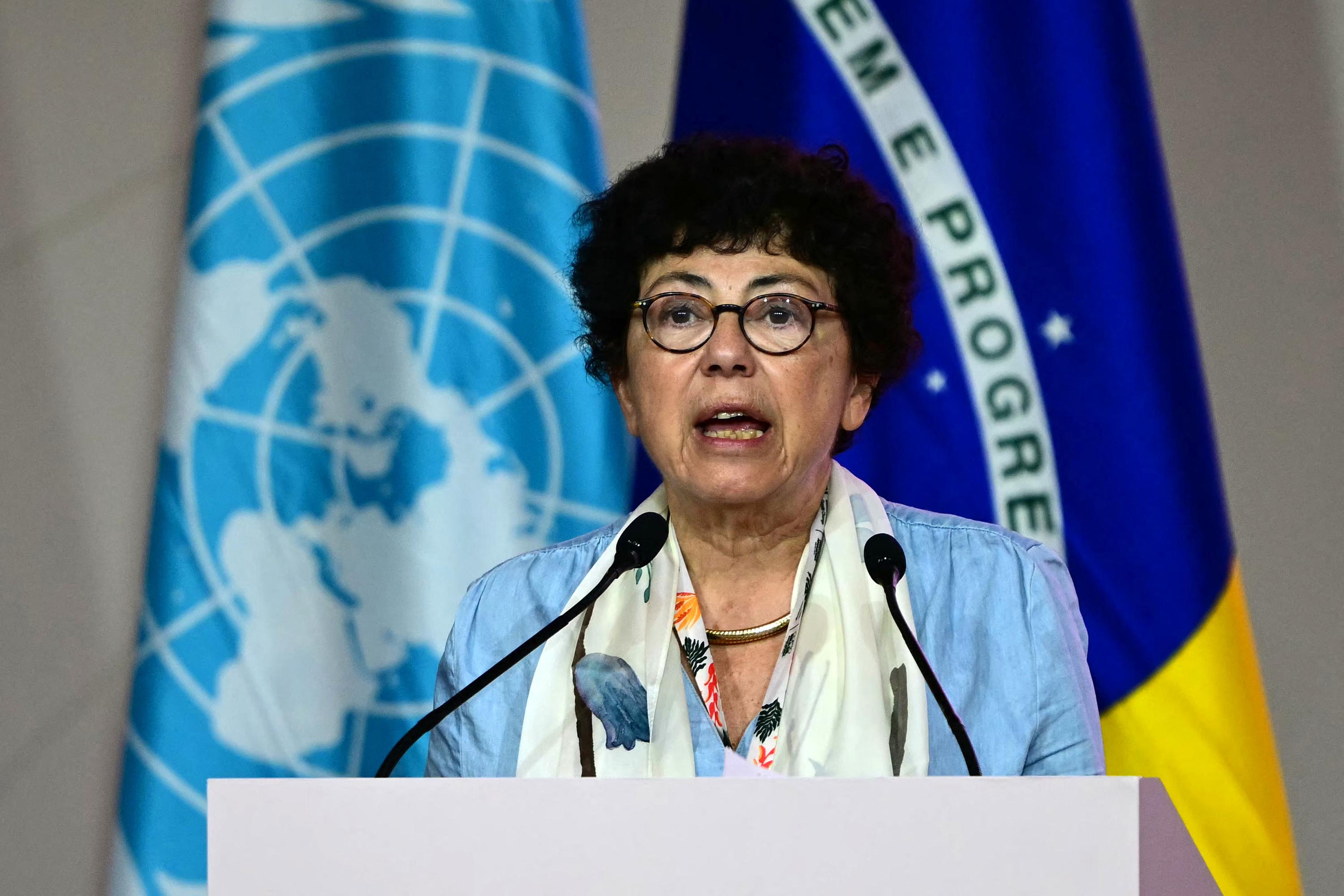COP30 Climate Talks Face Challenges Amid Satellite Data Concerns
COP30 climate talks in Brazil progress amid unresolved issues, while global climate monitoring faces threats from U.S. budget cuts impacting satellite data crucial for weather and environmental forecasts.
- • COP30 negotiations in Brazil are ongoing with cautious optimism but no immediate agreement.
- • Brazil prepares compromise proposals focusing on finances, trade measures, and fossil fuel phase-out.
- • European countries refuse to increase financial support for climate adaptation.
- • Budget cuts to NOAA threaten global climate monitoring satellites and ocean observation programs.
- • Loss of satellite data could critically impair weather forecasting and climate research globally.
Key details
As COP30 unfolds in Brazil's Amazon region, hopes for a swift climate agreement remain tentative. French Ecology Minister Monique Barbut acknowledged the negotiations are "still far from the mark," though she expressed cautious optimism compared to the day before. Brazilian diplomats are working intensively to reach consensus before the conference's scheduled conclusion on Friday evening, with Brazil’s President Lula anticipated to attend Wednesday’s key session. A significant compromise proposal was introduced on Tuesday, with another expected soon, focusing on contentious issues like financial aid from developed nations, trade policies, and fossil fuel phase-outs. European countries, however, remain firm in refusing to increase adaptation funding for vulnerable states.
Simultaneously, concerns loom over global climate data monitoring due to drastic budget cuts imposed during the Trump administration on the U.S. National Oceanic and Atmospheric Administration (NOAA). Peter Thorne, deputy director of the Global Climate Observing System, warned at COP30 that these cuts jeopardize critical satellite programs and ocean monitoring initiatives such as the Argo program. Without renewed funding, the global system that tracks climate and weather data could face shutdown by 2027, risking the permanent loss of vital climate insights and reductions in weather forecast accuracy worldwide. This decline in observational capacity may severely hamper efforts to understand and respond to climate change, highlighting a parallel crisis amid ongoing climate negotiations.
This article was translated and synthesized from French sources, providing English-speaking readers with local perspectives.
Source articles (2)
Source comparison
Latest news
France Returns the Djidji Ayôkwé Talking Drum to Côte d'Ivoire After Over a Century
Record 37 Days of Rain Triggers Ongoing Severe Flooding in Western France
Political Divisions and Social Tensions Intensify Following Quentin Deranque’s Death in Lyon
French Economy Minister Calls for Full Insurance Industry Mobilization Amid Devastating Storm Floods
France Boosts Social and Solidarity Economy with New Tools and Potential Tax Reforms in 2026
Saint-Nazaire Mayor Condemns Vandalism of Two Political Offices as Attack on Democracy
The top news stories in France
Delivered straight to your inbox each morning.


